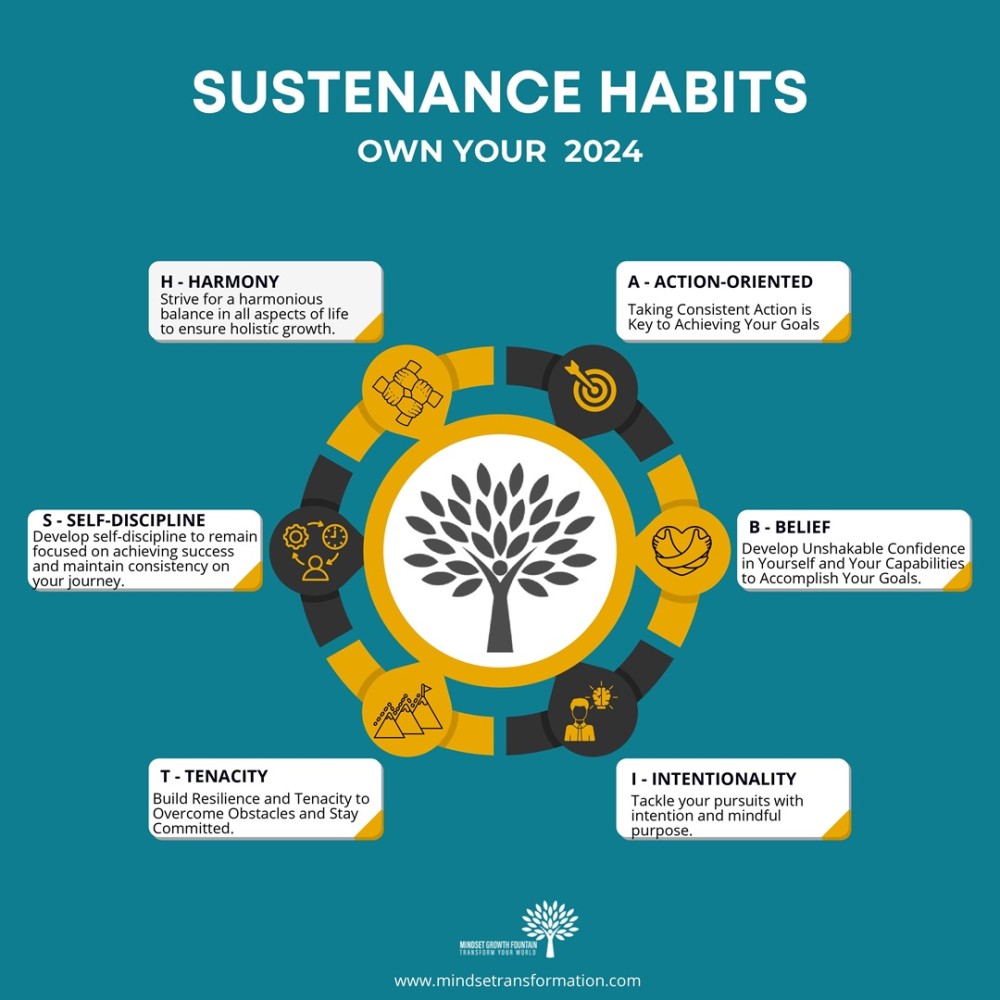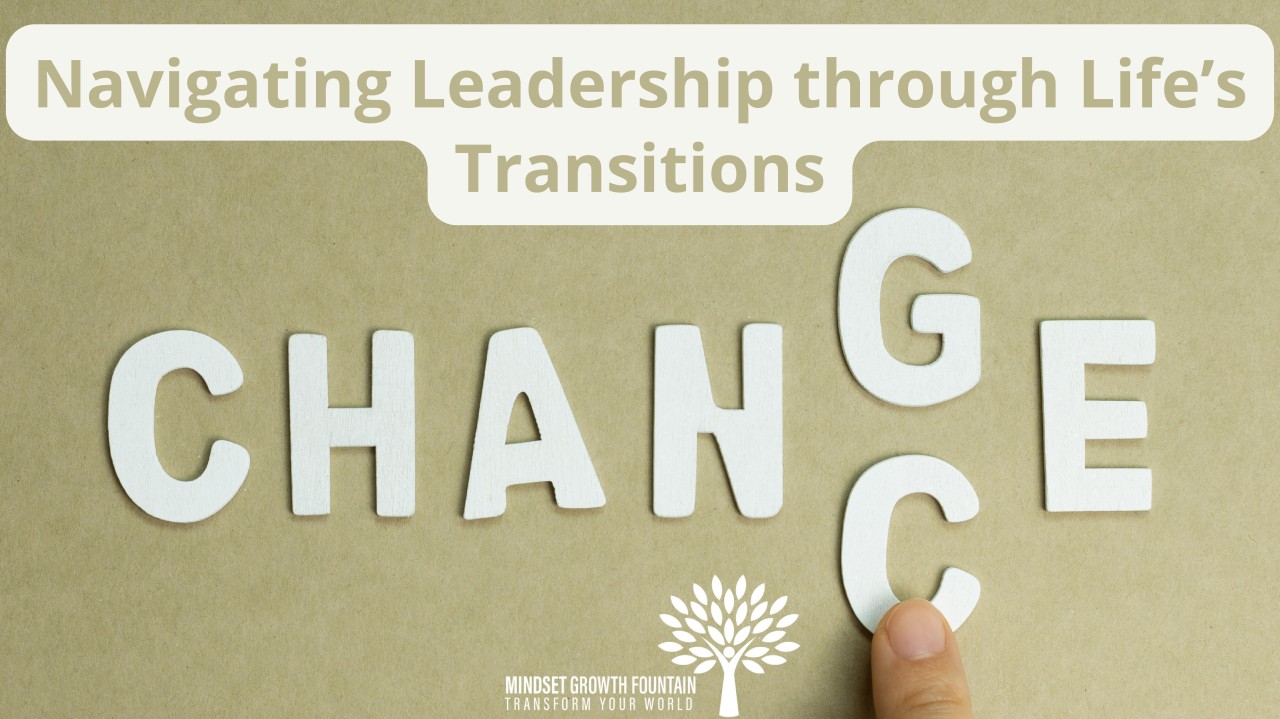People often set goals at the beginning of the year, only to find that, not long into the year, the busyness of life has either hindered their progress or caused them to forget their initial aspirations.
A practical suggestion emerges: documenting goals and placing them in a visible location for constant reminders. Yet, merely having goals in sight is insufficient. A previous post emphasized the importance of being intentional about achieving set objectives.
In the current environment, a prevalent phrase is "body goals," leading many individuals, including the author, to engage in gym activities. However, it is observed that after one or two months, the initial surge in gym attendance tends to dwindle significantly.
The question arises: what sustains the commitment of those who continue their gym routine? Did everyone not start with the same goal? Could it be that their goals were not SMART (Specific, Measurable, Achievable, Realistic, and Timely)?
Research indicates that consistency is a key factor for success. This consistency, it appears, is achieved by intentionally identifying and building HABITS that contribute to reaching specific targets. Similar to SMART being an acronym for goal setting, HABITS is also recognized as an acronym for goal achievement.
H - Harmony: The emphasis is on striving for a harmonious balance in all aspects of life to ensure holistic growth. Whether the goal is related to physical fitness or any other aspect, it's crucial to align it with the five capitals of life, as discussed in a previous article. These capitals represent intentional investments for a meaningful and fulfilled life.
A - Action-Oriented: Individuals are encouraged to be proactive and consistently take actions toward their goals. Creating a detailed plan that breaks down activities throughout each day, week, month, and quarter is considered essential.
B - Belief: The importance of cultivating unwavering self-belief is stressed. Beliefs, rooted in the subconscious mind, shape choices and decisions. Personal experiences contribute to the formation of beliefs, ultimately influencing the present circumstances.
I - Intentionality: Success in endeavors is linked to approaching them with purpose and deliberate intent. Overcoming fears is highlighted as a significant step, urging individuals to redefine fear from "False Evidence Appearing Real" to "Face Everything and Rise," leading to the development of tenacity.
T - Tenacity: Resilience and tenacity are deemed essential for overcoming obstacles and staying committed. Identifying limiting beliefs and intentionally redefining one's true identity are identified as steps toward building confidence in achieving goals.
S - Self-Discipline: The journey begins with self-awareness and the intentional utilization of strengths for growth, coupled with addressing areas that require improvement. The cultivation of strong self-discipline is highlighted to maintain focus and consistency.
Incorporating these habits into one's routine is seen as a significant contributor to success in achieving life goals. The crucial reminder is that it all begins in the mind, emphasizing the power individuals have to control their thoughts.
For a more in-depth exploration of mind control, interested individuals are encouraged to obtain a copy of "Overpowering a Toxic Mindset: Reconstruct Your Thought Patterns" by Blenda M. Nakkazi. The book is available at Aristoc Booklex for those in Uganda or on Amazon.com for an e-copy. Inquiries can be directed to info@mindsetransformation.com.








